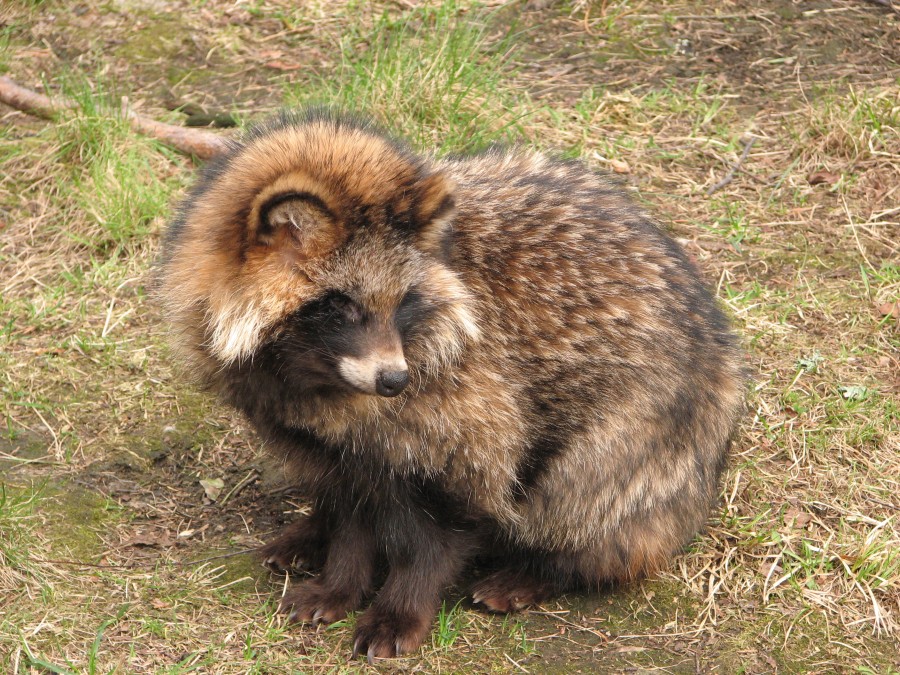Neither a burrower nor an offender: the raccoon dog is thriving

The number of raccoon dogs (Nyctereutes procyonoides) in the Netherlands is rising rapidly, particularly in the five northeastern provinces, mammal experts say.
Sightings increased to over 70 in 2024 compared to fewer than 10 in 2015, according to recent figures from the Dutch mammal association Zoogdiervereniging.
Raccoon dogs, so named because of their raccoon-like face markings, are an unprotected, invasive species. They were introduced in Europe from East Asia for their fur and have been spotted in the Netherlands since 1986.
The population growth is “unstoppable”, biologist Paul ten Den, who is investigating the animal’s effect on the environment, told Nu.nl. “In Germany, thousands of raccoon dogs are shot every year but it doesn’t seem to have much effect.”
Raccoon dogs are nocturnal animals and unlike crayfish and badgers, which are causing damage to river banks and rail tracks, they do not burrow but use old fox holes or badger setts.
“Raccoon dogs are opportunistic animals that eat whatever comes their way and that may include a meadow bird’s nest,” Ten Den said. So far, he said, their increased numbers may become a problem locally but do not pose a danger to native plant and animal species.
The raccoon dog is not the only new predator to make its home in the Netherlands. The wolf is so well established it is no longer considered a fully protected species, and the golden jackal and the wildcat populations are also thought to be growing.
Thank you for donating to DutchNews.nl.
We could not provide the Dutch News service, and keep it free of charge, without the generous support of our readers. Your donations allow us to report on issues you tell us matter, and provide you with a summary of the most important Dutch news each day.
Make a donation